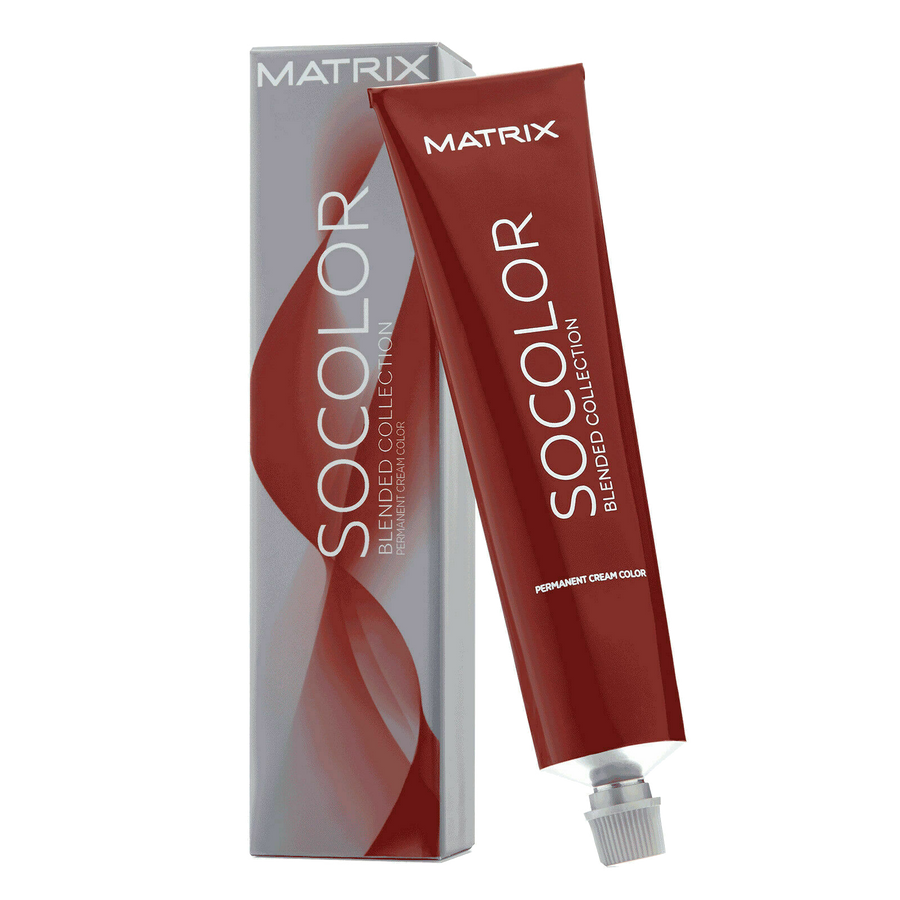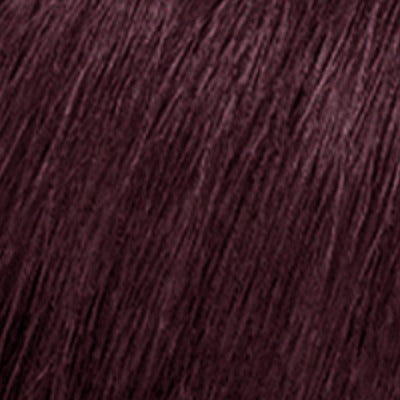Why Hair Restorer Might Be Making Your Scalp Itch
Discovering the right products for your hair can be a journey, and hair restorers are often seen as a savior for thinning or damaged hair. However, have you ever found yourself scratching your head—literally—after using a hair restorer? If so, you're certainly not alone. Many people encounter scalp itching when trying to enhance their hair health, which can be quite frustrating. Let's explore why this happens and find ways to manage it, so you can get back to enjoying healthier hair without a pesky itch.
When you first experience that annoying tingle, the reasons might not be immediately clear. Is it the product itself, or is something else amiss? Scalp itching occurs for various reasons, from ingredients within the products to individual skin sensitivities. The good news is there are solutions. By taking a closer look at what's in these hair restorers and learning more about our unique reactions, we can better understand how to address the issue.
Identifying the Culprits in Hair Restorer Products
Not all hair restorers are the same, and certain ingredients might be the reason your scalp feels like it needs a good scratch. Some products contain chemicals and elements that can be harsh on sensitive skin. Here are some common culprits that might be causing the itch:
- Sulfates: Found in many shampoos and hair products, sulfates can strip the scalp of its natural oils, leading to dryness and, consequently, itching.
- Fragrances and Preservatives: Although they provide that pleasant smell, artificial fragrances and certain preservatives can irritate sensitive skin.
- Alcohol: Often used to help hair products dry quickly, alcohol can be drying on the scalp, which might cause discomfort.
Sometimes, even natural ingredients can cause trouble. For instance, essential oils, while beneficial for many, can be highly concentrated and cause reactions for those with sensitive skin. Ingredients like tea tree oil or peppermint might give a refreshing sensation, but they can also cause mild irritation for some people, leading to that unwanted itch.
It's useful to check product labels and become familiar with ingredients that may be problematic. By knowing what's inside the bottles you use, you can make informed choices and select options that align better with your skin's needs. Trying products with less complex ingredient lists could be a good start. This might mean looking for products labeled hypoallergenic or those specifically marketed for sensitive skin.
One practical tip is to patch test on a small area before fully applying a new product. This is a simple but effective way to see if any irritation arises without risking a totally itchy scalp. Getting into the habit of testing can save you discomfort in the long run. Additionally, if you're unsure, seeking advice from a haircare specialist can also provide guidance tailored to your situation.
The Role of Allergies and Skin Sensitivity
Understanding your body's unique reactions can be the key to solving the itch puzzle. Allergies and sensitive skin are often overlooked culprits when it comes to scalp irritation. Some folks might be allergic to specific ingredients found in hair restorers, causing their scalp to react unfavorably. It's like when certain foods don't agree with you — your body lets you know pretty quickly.
For individuals with sensitive skin, even minor irritants can lead to itchiness. That's why patch testing is recommended. This simple process involves applying a small amount of the product to a discreet area of your skin—like behind the ear or on the forearm—before using it fully. This way, you can check for signs of irritation before committing to full usage, reducing the risk of an itchy aftermath.
A real-life example is a friend who decided to try a new hair product, only to experience itching soon after. By switching to a product with different ingredients and doing a patch test beforehand, she found a better fit. This highlights the importance of knowing and understanding your skin's unique temperament and responding to it wisely.
Proper Application Techniques to Avoid Irritation
How you apply your hair restorer can influence your scalp's response. Here are a few simple steps to help keep irritation at bay:
1. Start with Clean Hair: Make sure your hair is clean and free from leftover styling products before using a hair restorer. A clean scalp allows the product to work more effectively without unnecessary build-up.
2. Use the Right Amount: More isn't always better. Follow the instructions on the product label. Using too much can overwhelm the scalp and cause discomfort.
3. Apply Evenly: Ensure the product is evenly distributed. This helps prevent concentrated areas that might cause itching due to excessive exposure.
4. Rinse Well: After allowing the product to sit for the recommended time, rinse thoroughly. Any residue left can cause irritation.
5. Dry Gently: Pat your hair dry instead of rubbing vigorously. This reduces friction and lessens any irritation potentially worsened by the friction.
Paying attention to these details can make a huge difference. Adopting these techniques helps in managing your scalp's health while embracing hair restorers in a safer and more effective way.
When to Seek Professional Help
Sometimes, self-help tips might not be enough, and it's okay to seek outside expertise. Persistent itching that doesn't go away despite making product changes and checking allergens may need professional advice. Dermatologists and hair care specialists can offer further insight into what might be causing the irritation and propose tailored solutions.
Keep an eye out for certain warning signs that mean it's time to call in an expert. If you notice red patches or unusual bumps alongside the itch, it might indicate a more serious reaction or condition. Also, if the itchy feeling disrupts your daily life or sleep, it's wise to consult a professional. They might recommend specific treatments or suggest allergy tests to get to the core of the problem.
Achieving a Comfortable Scalp with the Right Hair Restorer
Finding the right hair restorer doesn't have to be tricky. By understanding what your scalp needs and how it responds, you can make choices that enhance your hair's health without the itch. Remember to use hypoallergenic or sensitive-skin-friendly products and continually monitor how your scalp reacts. Keeping an eye on these factors ensures you can enjoy the benefits of hair restorers comfortably.
Continuing the journey means always being aware of your scalp's health—it's an ongoing process, but one that leads to rewarding results. Being proactive about care and reacting to changes in your scalp's condition when necessary can help you maintain luscious, itch-free locks.
Explore healthy solutions for your scalp by browsing Smooth & Charming’s wide range of hair restorer products. Choosing the right formula can make all the difference in keeping discomfort away while supporting your hair goals with confidence.




